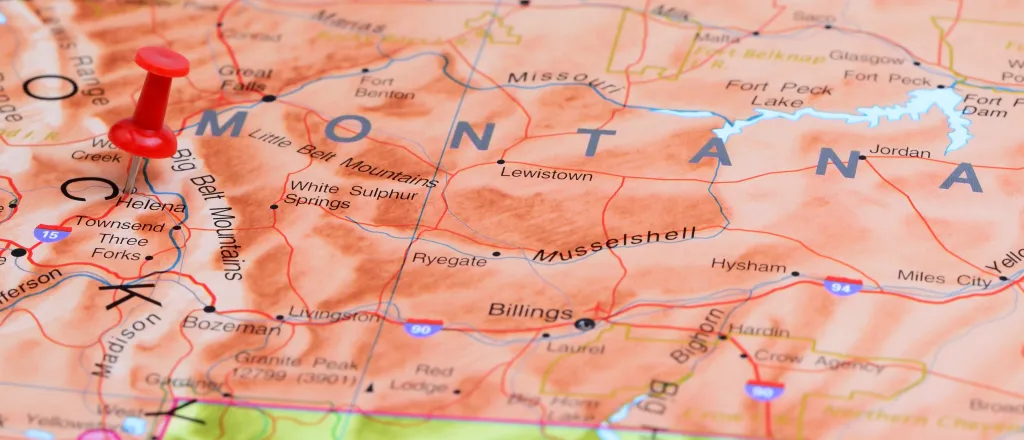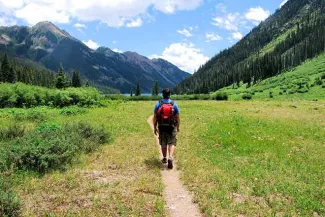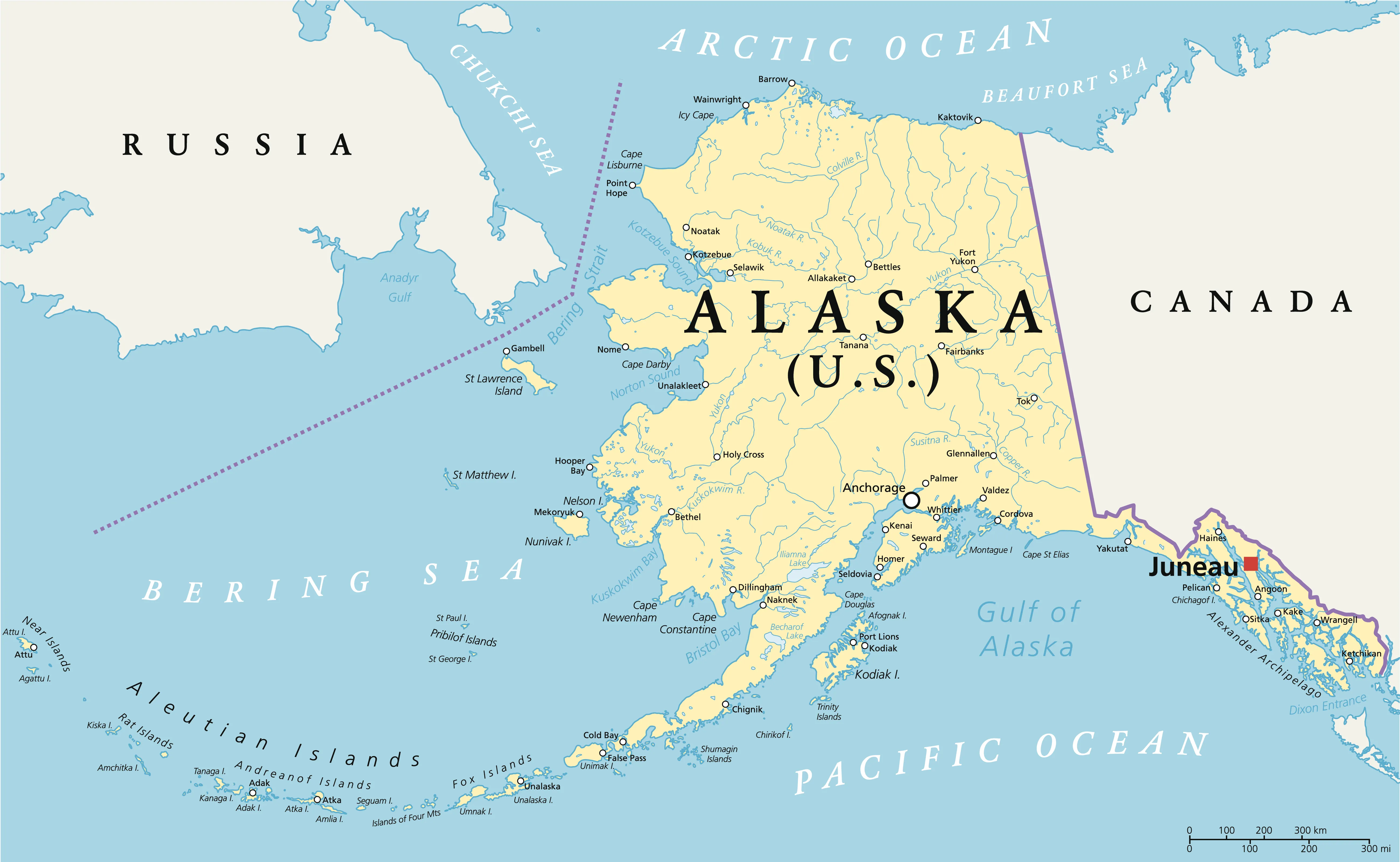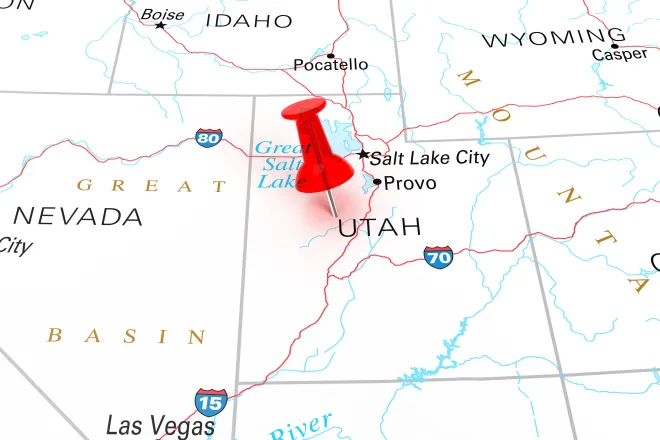
Opponent calls Montana resolution 'slap in the face' to public land owners
Click play to listen to this article.
Months after the nation's highest court declined to hear a Utah case about ownership of public lands, a Montana House committee will debate whether to support it.
The Committee on Energy, Technology and Federal Relations is scheduled to hear a resolution today about "supporting Utah" in its 2024 lawsuit against the United States.

© Pixabay - Teresa Johnson
Utah claimed it's been deprived of "sovereign powers" because of the federal government's "indefinite retention of unappropriated public lands" there.
The U.S. Supreme Court declined to hear the case in January, but the suit could be refiled.
Kearstyn Cook - program director with of Montana Conservation Voters - said that could set what she calls a "dangerous precedent."
"The State of Montana showing support for such a motion," said Cook, "is just a blatant slap in the face to public land owners and lovers."
The federal government owns nearly 70 percent of the land within Utah's borders, and 30 percent in Montana's.
Still, 68 percent of Montana voters have said they oppose giving states control over national public lands, according to the latest poll.
Montana Conservation Voters collected over 1,000 signatures asking state lawmakers to denounce Utah's efforts. Cook said people want to make their voices heard.
"People who use our public lands," said Cook, "for recreation, hunting, fishing, hiking, for agriculture, for ranching - this in some way, shape or form would impact a majority of Montanans."
The same committee on Tuesday will hear Senate Joint Resolution 14, which would release federal Wilderness Study Areas from their protected status - across more than 1 million acres of Montana public lands - opening them to "multiple uses" including agriculture, timber and mining.
















